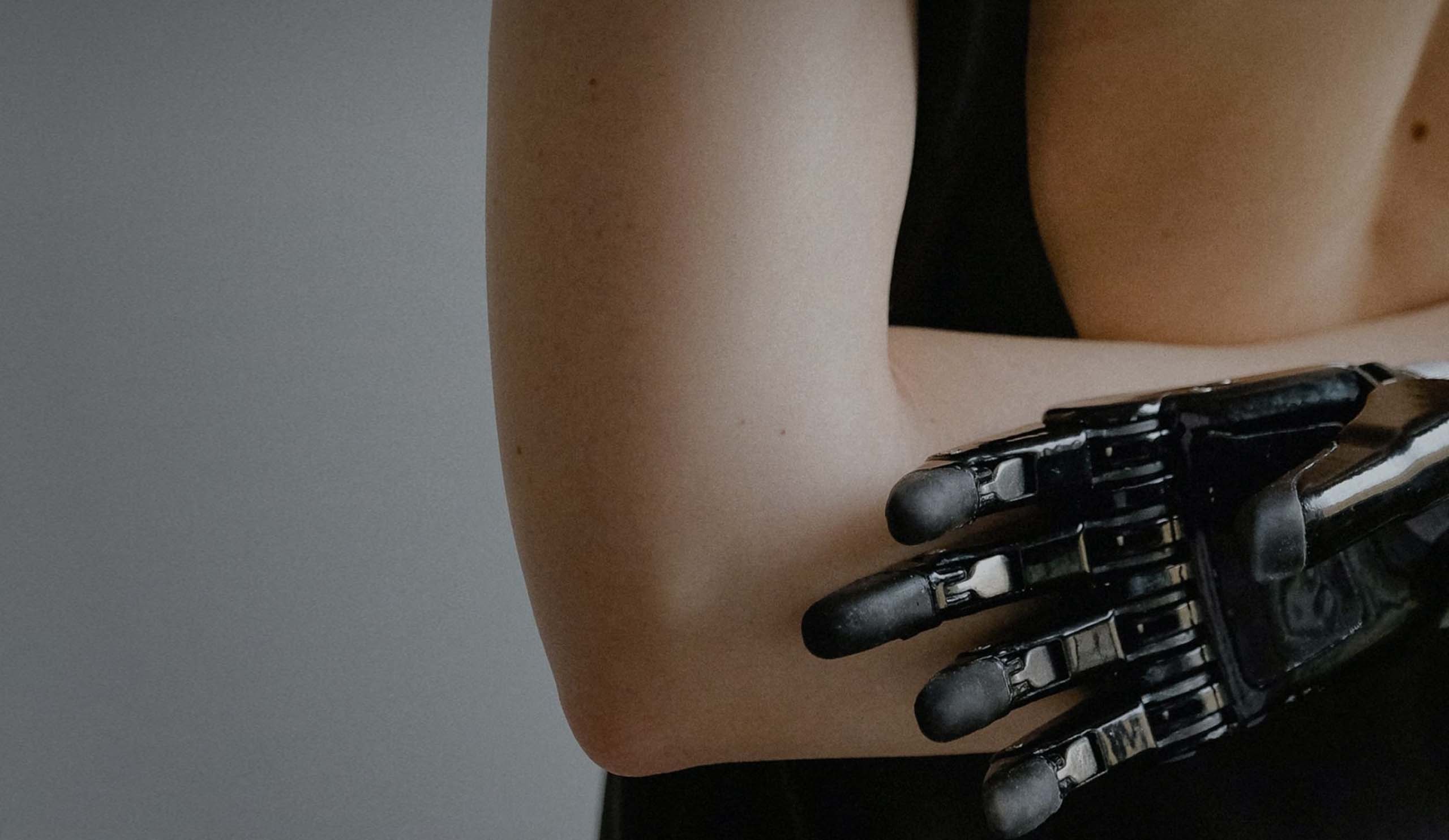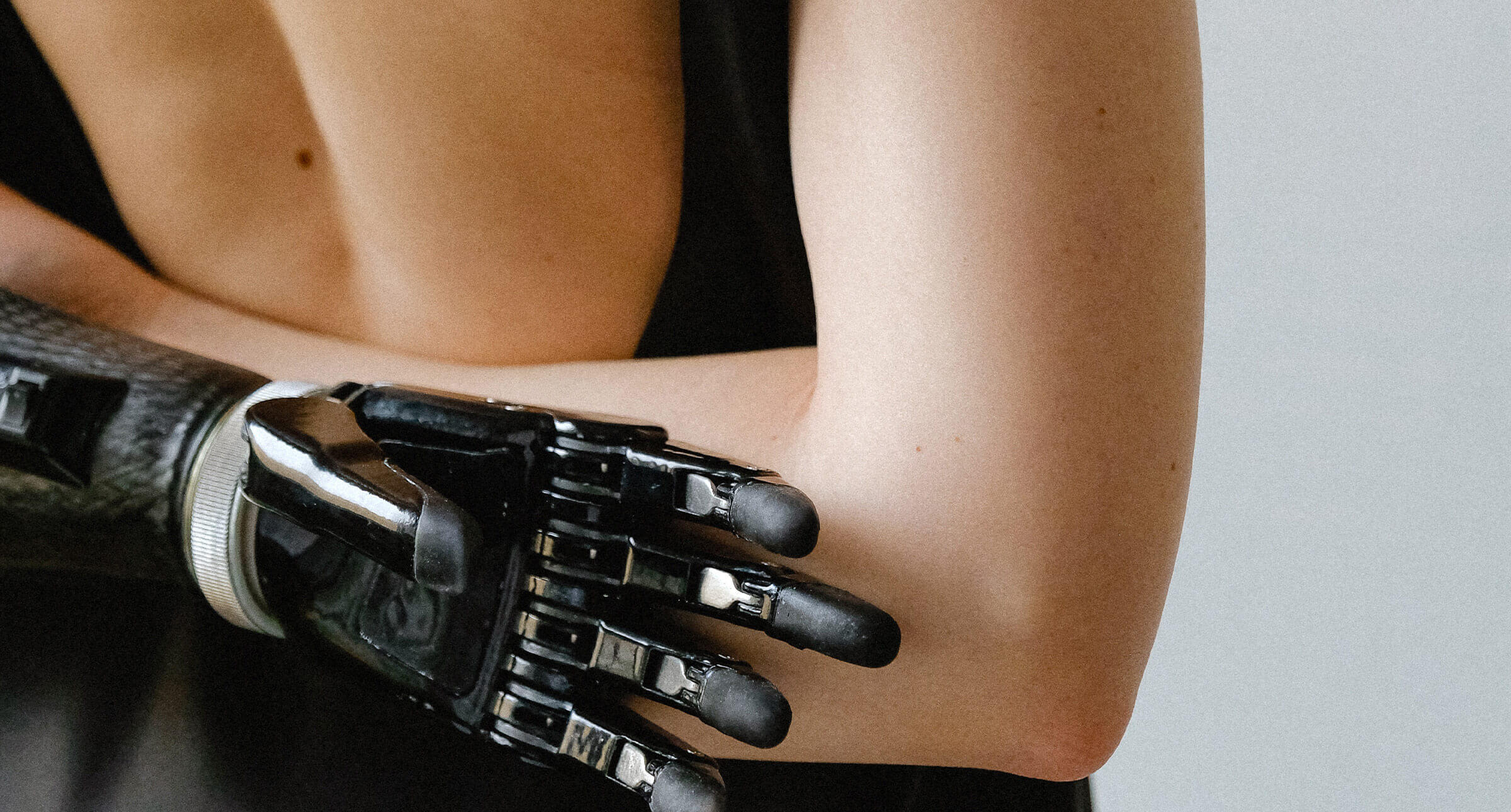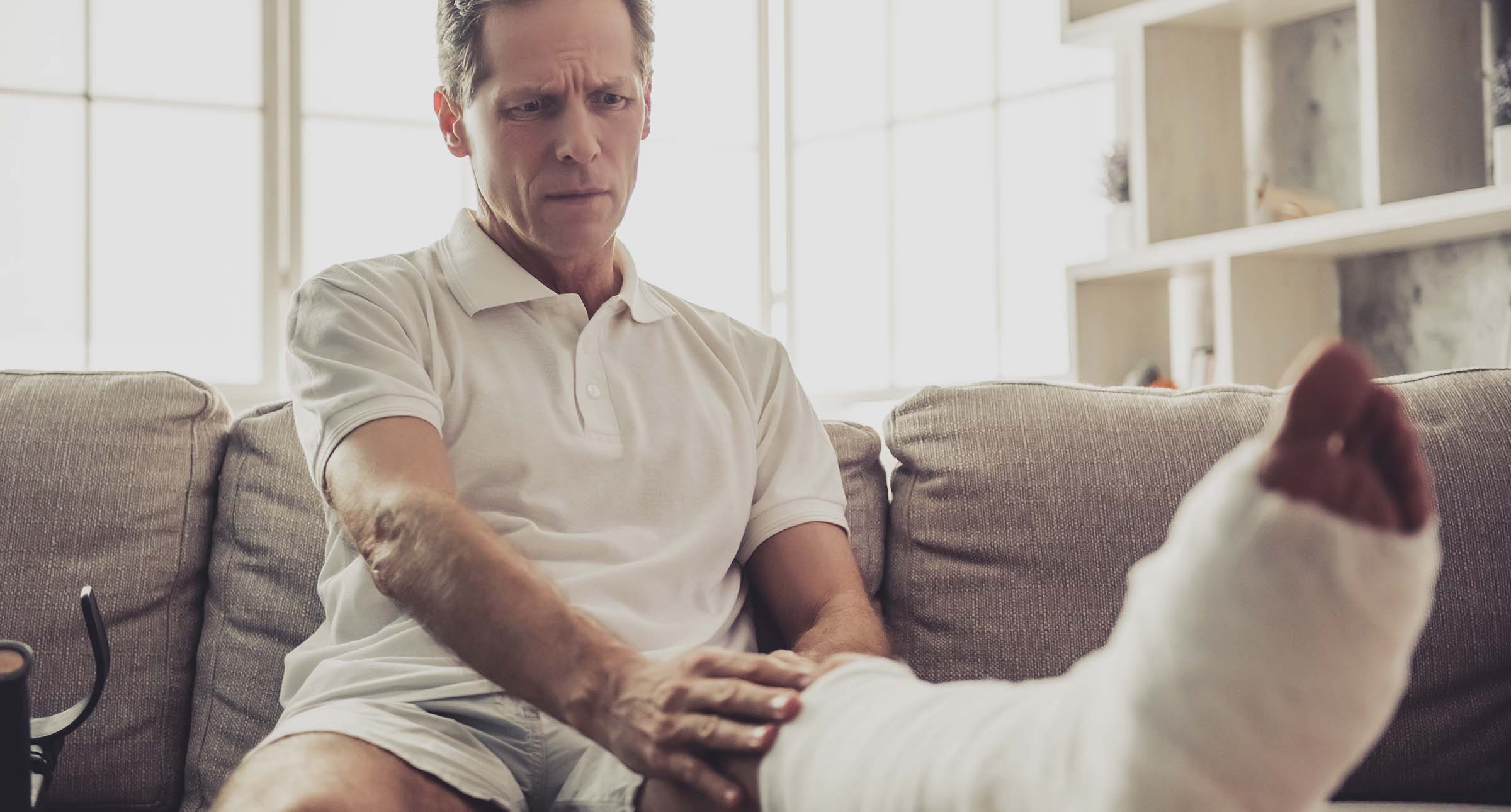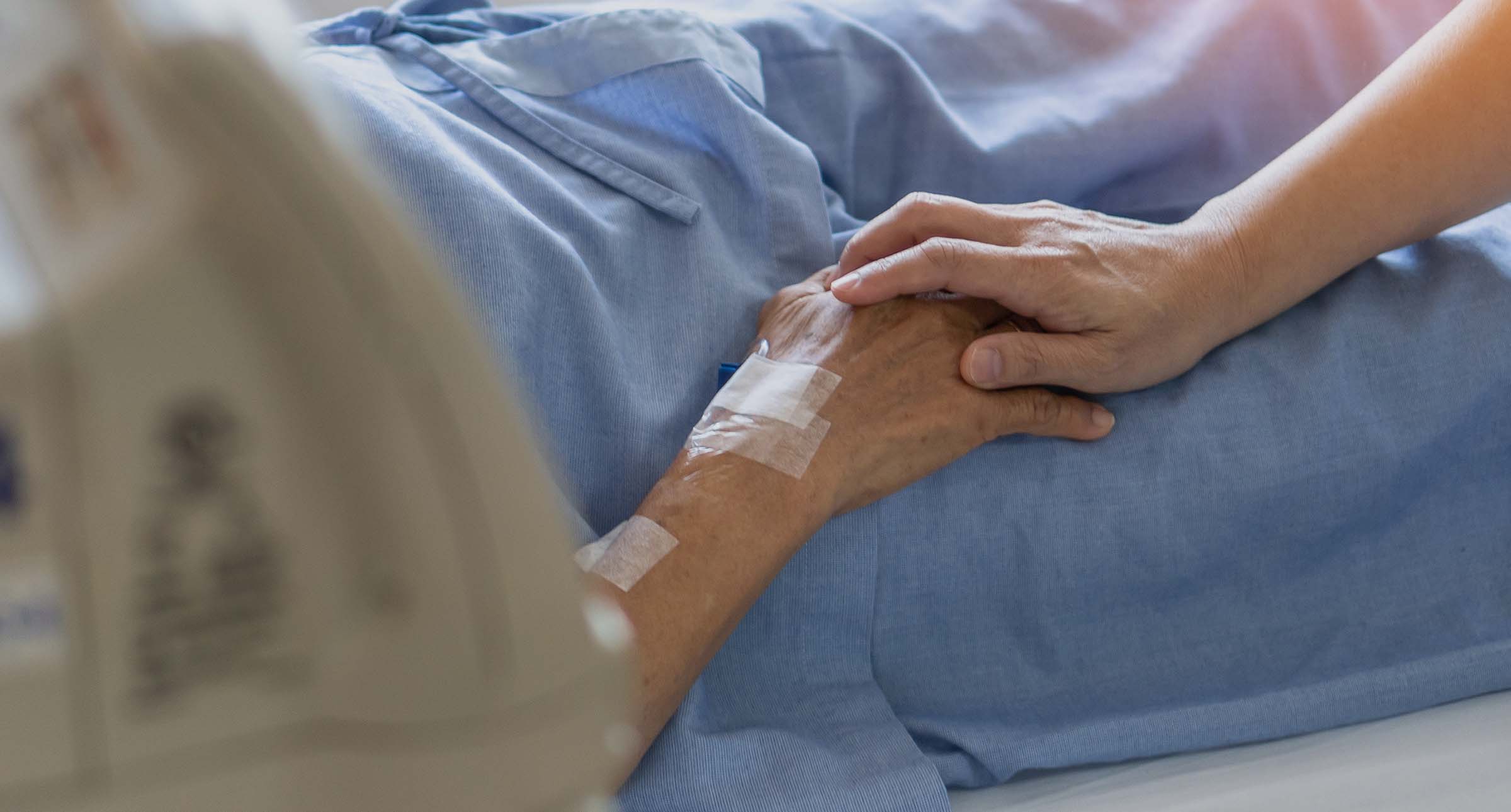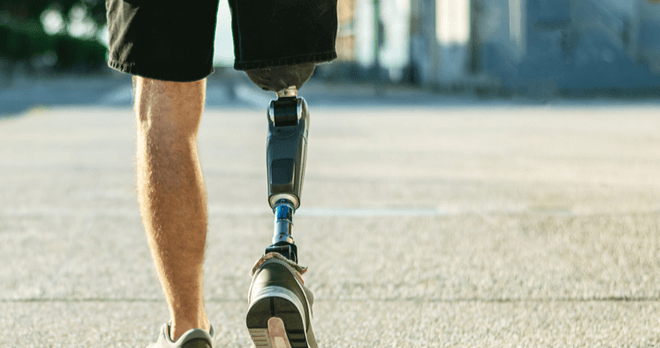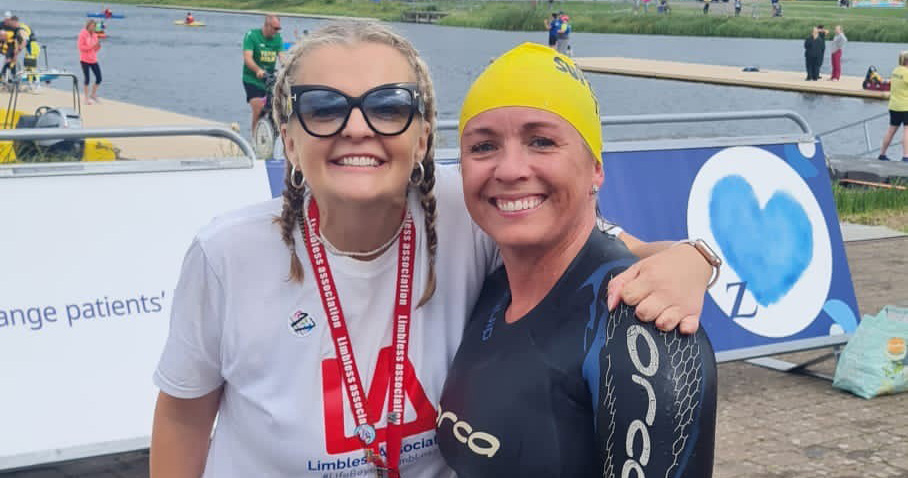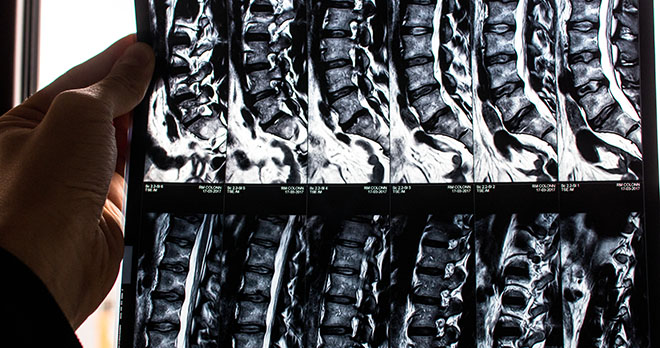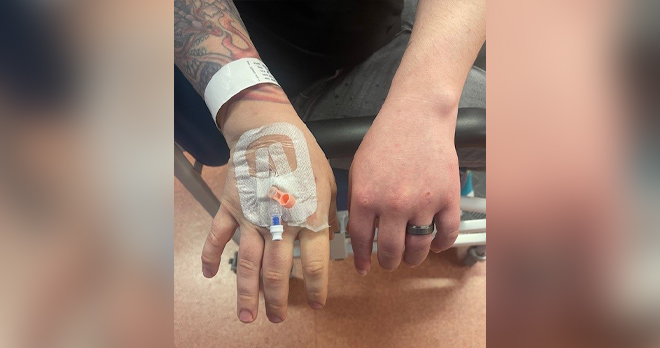Expert witnesses – how choosing the right team of experts help to value a claim.
Tom Gibson, barrister at Outer Temple Chambers, explains how teams of expert witnesses help to prove and to value a claim.
In England and Wales we have an adversarial civil law system. That means the onus is on a claimant – with the help of their solicitors – to build a team of expert witnesses to prove and to value their claim.
Who are expert witnesses?
Expert witnesses can be anyone with specialist, technical or professional knowledge. Witnesses of fact – like claimants, their families, and also defendants and other parties – can give factual evidence about what has happened.
However expert witnesses have a special role. They are allowed to give opinion evidence about what has happened, what should have happened, and what is needed in future.
What do expert witnesses do?
In legal claims expert witnesses can give opinions on:
-
Breach of duty:
In a medical negligence case the legal test for negligence is whether a patient has received ‘reasonably competent treatment’ or not. This is not the same as the best or the only possible treatment option. Nor is it the treatment that would have turned out, with hindsight, to have been the best option. Instead, it acknowledges that different ‘responsible bodies’ of medical opinion sometimes disagree, reasonably, about what treatment someone should be offered.
-
Causation:
How, hypothetically, someone’s treatment and progress would have been different if they had received ‘reasonably competent’ treatment – instead of the treatment they actually had.
-
Condition and prognosis:
This evidence is needed in all personal injury and all medical negligence cases. The parties (and ultimately a trial judge, if the case went all the way to a trial) need to know (1) what someone’s diagnosis is, (2) what treatment is reasonably needed, and (3) what their prognosis is for the future, after they have had any treatment.
Expert witnesses first give their opinions on paper, in an expert’s report. Experts do this after solicitors instruct them and provide them with medical records plus any draft witness statements from the people involved.
Expert witnesses often attend client conferences, with claimants and their legal teams (solicitors and barristers), to explain their evidence. While ‘in person’ conferences are possible, since the pandemic many conferences work well on video, via Teams or Zoom.
Orthopaedic experts – the cornerstone of orthopaedic injury cases.
In any personal injury or medical negligence case involving orthopaedic injuries, an orthopaedic surgeon will be a crucial expert witness. As the world of surgery has become more specialised, there are different types of orthopaedic surgeons, including:
- Lower limb specialists. These surgeons often deal with elective hip and knee replacements – and with lower limb fractures and trauma, following car accidents etc.
- Upper limb specialists. These surgeons specialise in hand, arm and shoulder surgery.
- Spinal specialists. These surgeons specialise in spinal surgery, for conditions ranging from genetic disorders to severe back pain to spinal cord injuries sustained in accidents.
- Paediatric specialists. Performing orthopaedic surgery on children is a different specialist area to operating on adults.
The orthopaedic expert can have different jobs to do during one case. In a medical negligence claim, they might have to give opinions on (1) breach of duty, (2) causation and (3) condition and prognosis (as described above). In a personal injury claim they might have to give opinions on both (1) causation and (2) condition and prognosis.
Other experts – building the team.
The orthopaedic expert’s evidence often ‘opens the door’ to involving other specialities – depending on the complexity and the value of a case.
In civil litigation judges have a duty to restrict expert evidence to what is reasonably required. This means that ‘proportionality’ is a key concept.
In a case involving a nasty fracture but a relatively quick and full recovery, there may be little or no need for further types of expert witnesses. However in a case where a young adult needs a below knee amputation (for example), many different types of experts might be needed.
In higher value orthopaedic injury cases, different areas of expertise can include:
-
Rehabilitation medicine.
These experts often feature in amputation cases. Orthopaedic surgeons can be very useful in describing someone’s initial injuries and treatment – and their prognosis from a surgical perspective. However an expert in rehabilitation medicine can help to give long term opinions on how the claimant is likely to be able to function in the long term, over the rest of their life.
-
Spinal cord injury.
Similarly to rehabilitation medicine experts, a spinal cord injury expert can give long-term opinions on how a claimant with spinal cord injury is likely to be able to function over the rest of their life.
-
Care and/or occupational therapy.
A very important expert. Patients with serious injuries, with long term effects, may need care or assistance to try, as best as possible, to provide them with the independence they enjoyed ‘but for’ their injuries. Some experts have a nursing care background, with experience case managing (organising) care regimes for seriously injured clients. Some experts have a background in working as an occupational therapist, advising patients on equipment and strategies to maximise their independence. Whether the expert has a care or an occupational therapy background, they can give opinions on (1) what care regime (e.g. family care, professional paid care, agency care, directly employed care, daytime care, sleeping night care, waking night care, one or two carers, etc etc) someone reasonably needs and (2) what aids and equipment (including wheelchairs, mobility aids, aids to help in the kitchen, bathroom, etc) are required.
-
Psychiatry or psychology.
Many people who have suffered a serious injury – with a resulting serious effect on their home lives, work, relationships, hobbies, etc – can suffer psychological injuries as well. A psychiatrist or psychologist can diagnose any injuries (such as, for example, an adjustment disorder, depression, anxiety, or PTSD) and can recommend treatment.
-
Pain medicine.
Sometimes, sadly, severe injuries can lead to chronic pain conditions. Especially where someone has been referred to pain management doctors by their treating surgeons, pain medicine experts can be needed. They can give opinions on someone’s diagnosis (which is sometimes controversial), potential treatments, and how their functioning is likely to improve or change over the long term.
-
Life expectancy.
While this might seem crude, every serious injury case involves predicting how long someone’s needs will last for – and therefore what their life expectancy is. Most people are assumed to have a ‘normal’ life expectancy, in line with tables produced for the general population by the Government Actuary’s Department. However, if there is clear evidence that someone’s status is “atypical”, whether as a result of their injuries or their pre-existing conditions, then life expectancy evidence can be needed. Sometimes this is provided by a separate expert, while sometimes it is provided by a medical expert (such as a spinal cord injury expert, for example).
-
Physiotherapy.
Physiotherapy experts can often work closely with the orthopaedic and care/occupational therapy experts. They can advise on what treatment a claimant reasonably needs, both now and in the future. However they can also have an important role in predicting how mobile and how able someone is likely to be in the future, following treatment, and as they age. This has a knock-on effect on the care expert’s opinion on how much care and assistance they will be likely to need.
-
Accommodation.
These experts are often architects or surveyors with expertise in designing disability-friendly houses and buildings. If a claimant is likely to need a wheelchair – either all the time, part of the time (like an amputee), or in the future – then there could be a substantial claim for adapted accommodation. Depending on the individual claimant’s age, circumstances and location, this can include the additional costs of buying a bungalow, adapting it, and paying for its ongoing running costs, above the costs the claimant would have incurred anyway in living in their pre-injury home.
-
Prosthetics.
These experts are needed in amputation cases. The fitting and servicing of prosthetic limbs is a specialist area in its own right. A prosthetist – along with a rehabilitation medicine expert – can also make long term predictions about what type of limbs (e.g. lightweight, microprocessor-powered, waterproof, sports, etc) someone will reasonably need over their lifetime.
-
Assistive technology.
These experts can advise on how someone in a wheelchair (for example) can live as independently as possible in their own home. They can provide recommendations and costings for items including home security systems, door openers and closers, electrically controlled curtains and blinds, etc.
-
Transport.
These experts have experience (and price knowledge) of wheelchair accessible vehicles. They can give evidence on the costs of adapting ‘ordinary’ cars – and on more custom-built ‘roll on roll off’ wheelchair accessible models. They can also, where appropriate, given evidence on adapted motorhomes – where this is necessary to enable someone to continue their pre-injury hobbies and holidays.
-
Motorcycling needs.
This can often apply in motorcycling injury cases. As many motorcyclists understand, motorbikes can be more a way of life than just a means of transport. A motorcycling needs expert can advise how someone with disabilities can access motorcycling as best as possible again – through adapted motorbikes and trikes, motorbike and sidecar combinations, etc.
Finally, case managers deserve a special mention. Case managers are not expert witnesses because they are not instructed to give opinion evidence in civil litigation. However case managers are often appointed by both sides where liability for a serious accident has been admitted.
Case managers – who often have a nursing or occupational therapy background – can play a vital role in organising treatment and services for someone, especially in the early days after their injury. They can also sometimes given factual evidence in the subsequent legal case, as to what sort of help, assistance and services the injured person has needed.
Assembling a team of expert witnesses is a crucial part of building a medical negligence or personal injury case where someone has suffered serious orthopaedic injuries. While the orthopaedic expert will provide the key ‘foundation’ for the case, many other different types of experts might be needed too. While it might seem daunting to build a large and complicated case, this is where the legal team – the solicitors and also the barristers when necessary – can really demonstrate their experience and add value to the claim.
Our expert injury solicitors have helped to secure access specialist rehabilitation and other support for many clients. If you are considering a claim for compensation, contact us today to find out how we can help.
Call now
